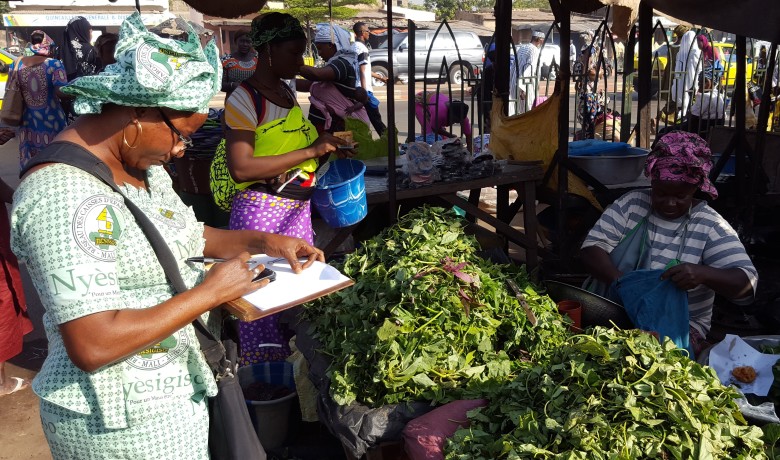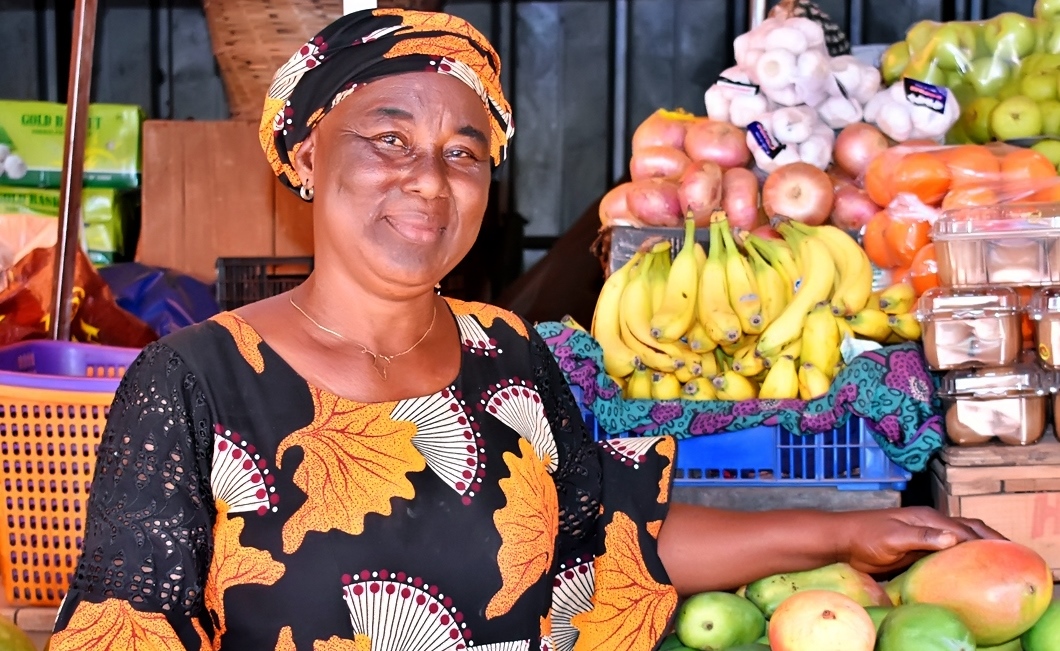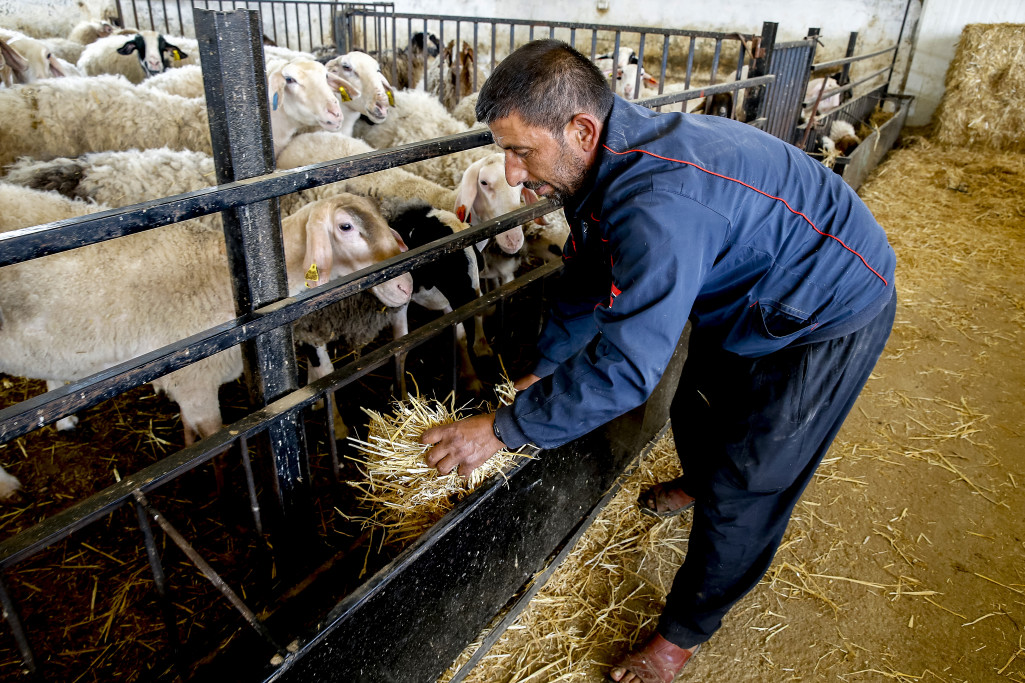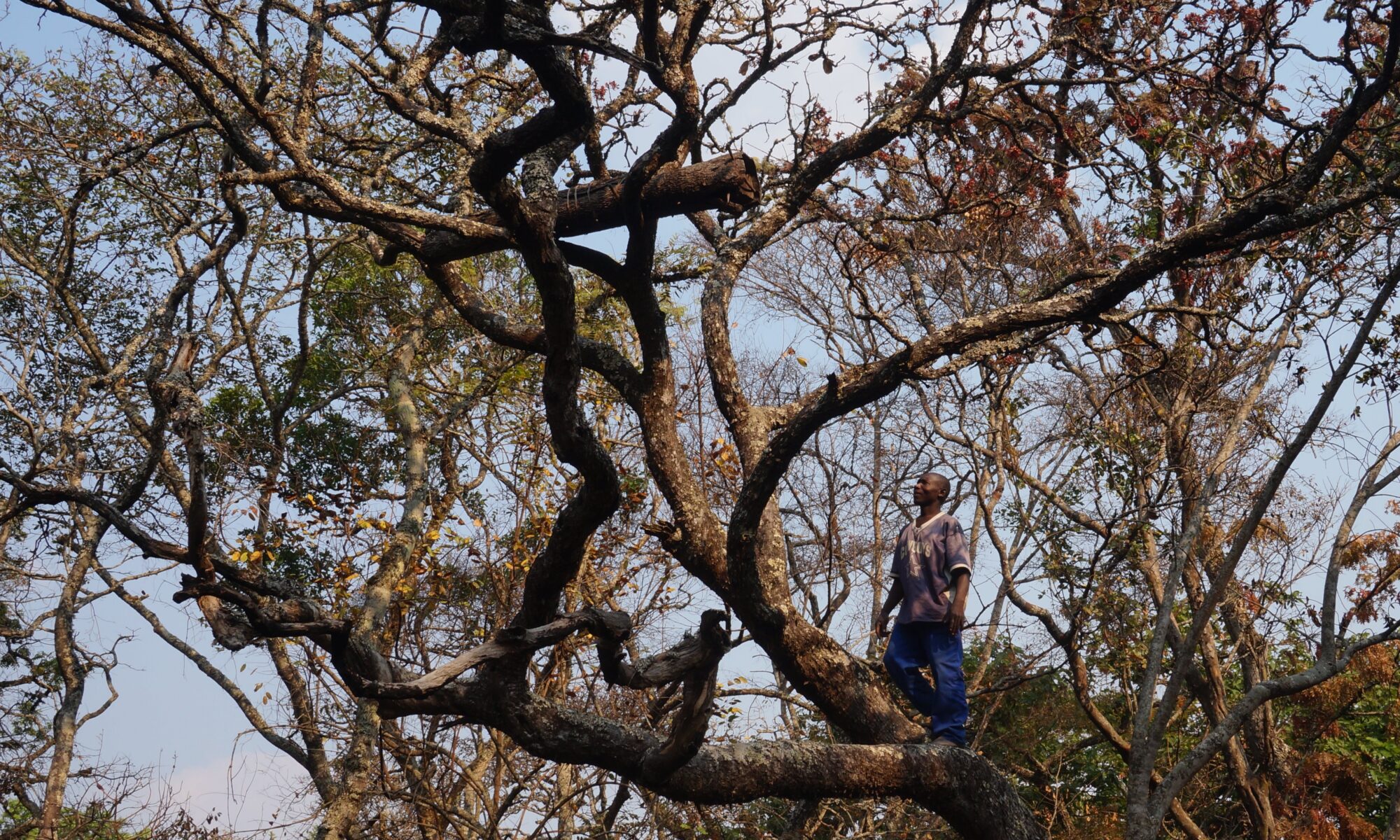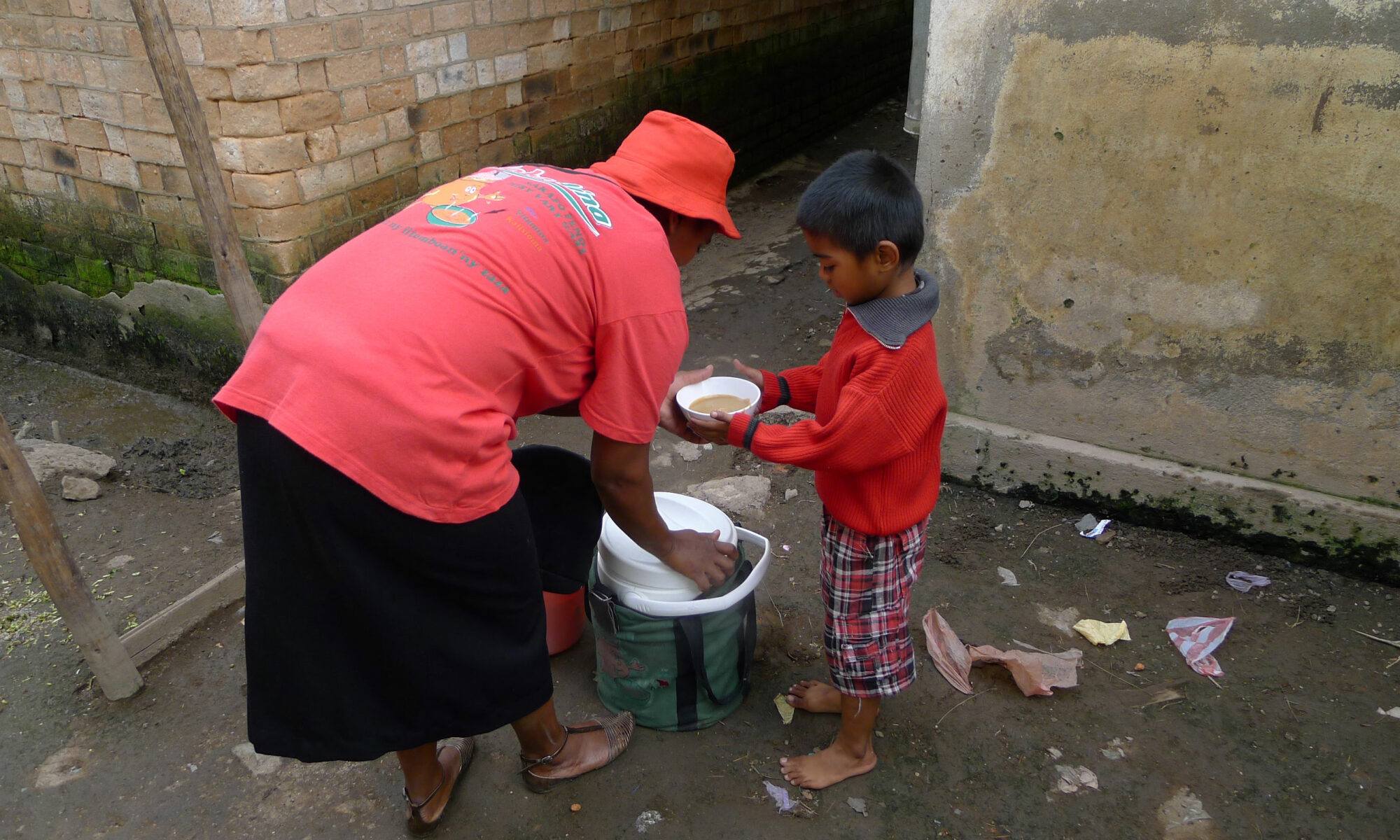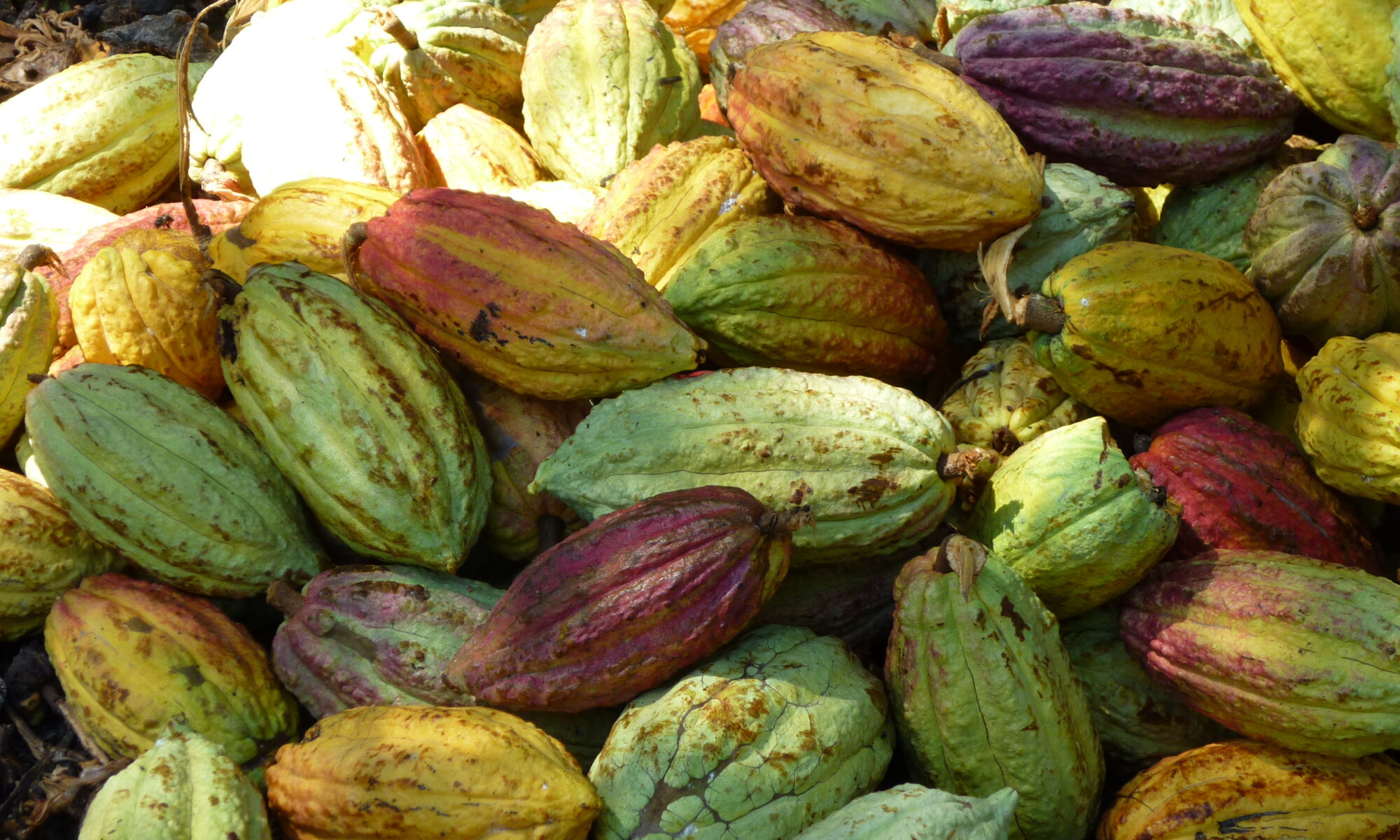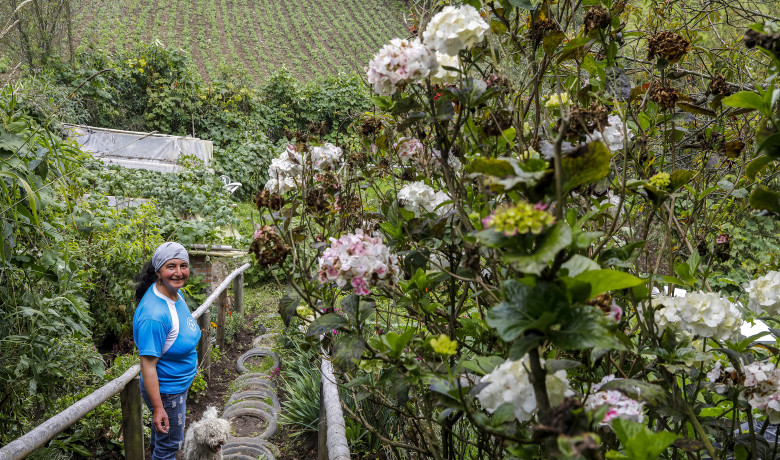
A bank at the service of development and the protection of the planet? Banco Codesarrollo now has over 130,000 customers!
Created in 1998 on the initiative of the Grupo Social Fondo Ecuatoriano Populorum Progresso (FEPP), Banco Codesarrollo was initially a savings and credit cooperative.
Over the years, Banco Codesarrollo has developed as an institution of the social and popular economy of the Ecuadorian private sector, and has successfully transformed itself into a bank. Today, Banco Codesarrollo offers financial and non-financial services tailored to its target population, particularly in rural areas.
SIDI investisseur solidaire, committed 1.8 million euros to the bank’s capital in 2017. Cristina Alvarez, in charge of partnerships at Sidi, points out that this “first investment has enabled the Ecuadorian bank to reach the minimum legal capital required” in the country, which is $11 million. A second round of financing took place in 2019, which enabled SIDI “to accompany the steady growth of the portfolio while limiting Banco Codesarrollo’s indebtedness”, Cristina Alvarez continues.
Today, SIDI is represented on the Board of Directors of Banco Codesarrollo by Patricia Camacho. It sits alongside several Italian social banks, which are also shareholders in the institution. This special bond with Italy is embodied by the Chairman of Banco Codesarrollo himself, Giuseppe Tonello Foscarini, who is Italian by birth but has lived in Ecuador for over 30 years.
“Crediecológico, a financial product to combat climate change
With almost 130,000 customers by 2021, 46% of them women, 56% of them in rural areas and 27% under 30, Banco Codesarrollo is committed to several aspects of rural development as well as ecology.
In 2018, the bank launched a new financial product to finance the ecological transition, the “Crediecológico”. Cristina Alvarez defines it as “a product designed to promote environmental protection and combat climate change”.
With this new product, Banco Codesarrollo has “oriented its management towards environmentally-friendly activities such as sustainable farming, food sovereignty, soil reclamation, wastewater management and the use of alternative energies”, explains Cristina Alvarez. In 2021, through some 100 loans granted, one million dollars were able to finance these activities.
Another advantage of the “Crediecológico” loan is that it not only offers “preferential conditions in terms of interest rate, loan amount and duration”, but also includes “technical support for customers”, explains Cristina Alvarez.
Banco Codesarrollo has also been working on its own ecological footprint. In 2021, for example, the institution has integrated “an organizational environmental management system into institutional processes”, enabling better waste management, the allocation of donations to local foundations when equipment is replaced, or the funding of recycling campaigns or reduced energy consumption.
“Promoting SIDI’s vision as a solidarity investor”.
But SIDI’s role is not only to finance, but also to support its partners through technical assistance projects. Patricia Camacho, a member of the Board of Directors of Banco Codesarrollo, has played a key role in the design, implementation and coordination of various technical assistance projects financed by SIDI.
This support is important for SIDI, which has included environmental and social dynamics in its strategic plan,” explains Cristina Alvarez. The ecological and social transition has even become “a central plank of its strategy and a hallmark of its partnership policy”.
To demonstrate the success of these partnerships, SIDI organized a trip to Ecuador in early September for some fifteen of its individual shareholders, something it had not been able to do since the start of the Covid-19 pandemic in 2020. The aim of the trip: to make their commitment as a community shareholder a reality. SIDI points out that almost 40% of its capital is held by individual shareholders. A great way to connect civil societies here and there.

